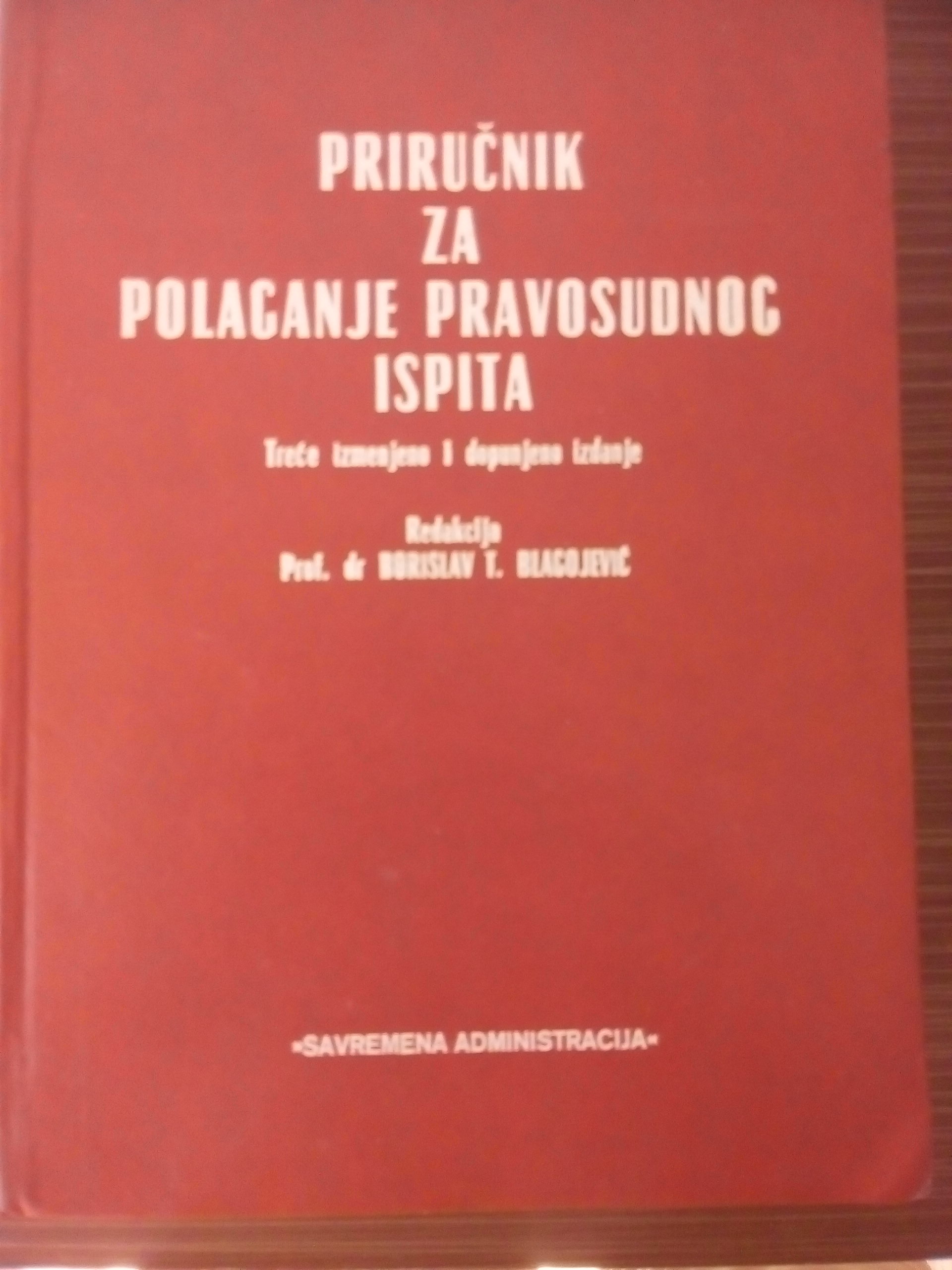

Prototypically, our trial judge sits with a jury. We leave to the lawyers the responsibility for gathering, sifting, and presenting evidence of the facts.

In the Anglo-American legal tradition, by contrast, we parcel out this work of fact-finding among three sets of actors: the lawyers for the parties, the professional judge, and the laypersons who serve as jurors. On the Continent, professional judges take the main responsibility for investigating and adjudicating, although the lawyers for the parties guide and limit the judicial inquiry in important ways. The great chasm that separates the modem Continental legal systems from the Anglo-American systems is largely about the conduct of fact-finding. Simpson or somebody else who wielded the dagger? Find the facts and the law is usually easy. Blackstone remarked that "experience will abundantly show, that above a hundred of our lawsuits arise from disputed facts, for one where the law is doubted of." Was the traffic light red or green? Was it OJ. The main work of a legal system is deciding matters of past fact. In conclusion, we spell out the regulatory implications of understanding stop and search in these terms. Given this, we argue, stop and search is best understood as an aspect of The Police Power recently theorized by Markus Dubber (2005) – a potentially limitless, uncontrollable, extra-legal power to do what is necessary to monitor and control marginal populations. The evidence, we argue, suggests that stop and search is about control and the assertion of order and the effort to do this implicates not only 'fighting crime' but also regulating and disciplining populations based on who they are, not how they behave.

Using evidence on the social and spatial distribution of stop and search from several jurisdictions, we contest two legitimating fictions about this power – that it is a tool of crime detection and that it can be subject to effective legal regulation. We select this power as a case study because its exercise is laden with implications for how we understand the overarching purpose of the police and seek to control and govern police work. In this chapter we revisit and extend discussion about the relation of the police to the key political concepts of 'crime' and 'order' using the case of the police power of stop and search/frisk.


 0 kommentar(er)
0 kommentar(er)
